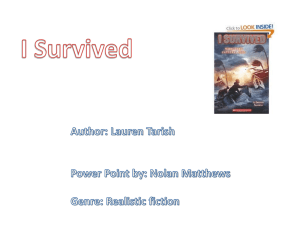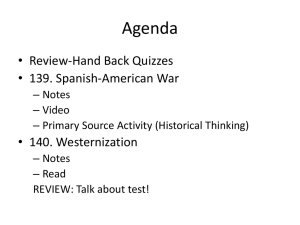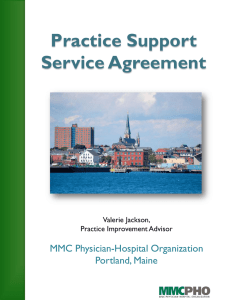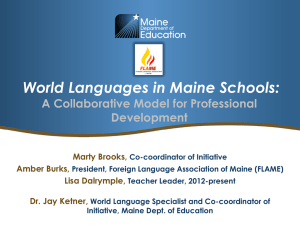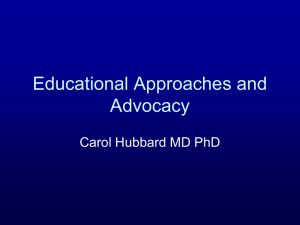Barry Rodrigue, Associate Professor, Arts and Humanities
advertisement
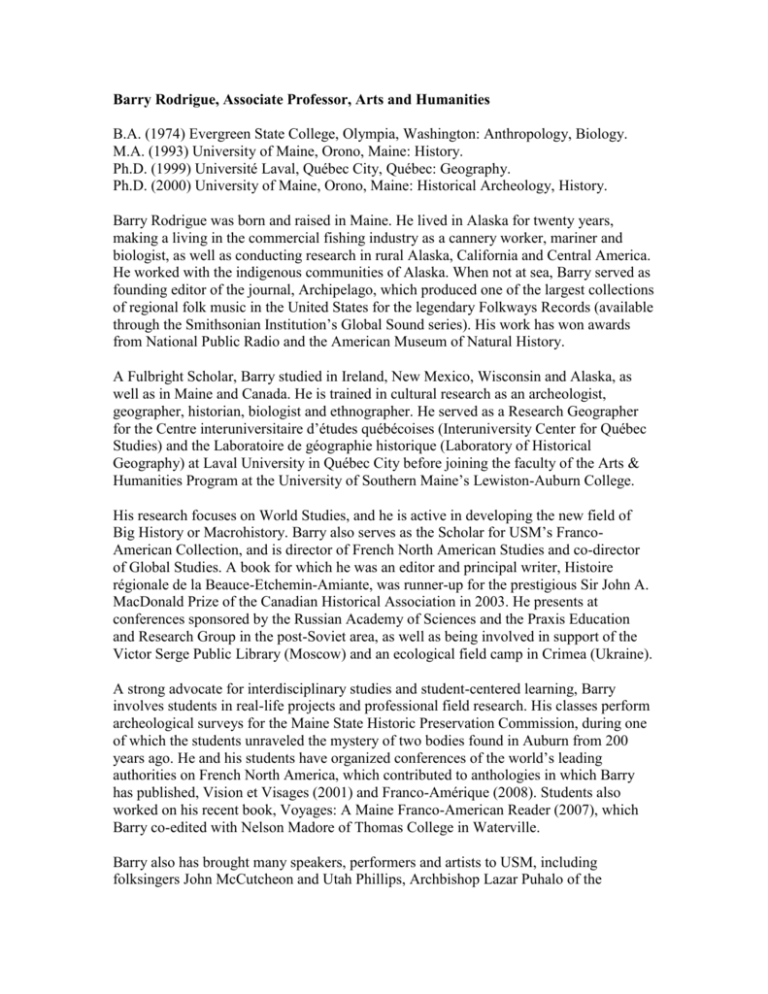
Barry Rodrigue, Associate Professor, Arts and Humanities B.A. (1974) Evergreen State College, Olympia, Washington: Anthropology, Biology. M.A. (1993) University of Maine, Orono, Maine: History. Ph.D. (1999) Université Laval, Québec City, Québec: Geography. Ph.D. (2000) University of Maine, Orono, Maine: Historical Archeology, History. Barry Rodrigue was born and raised in Maine. He lived in Alaska for twenty years, making a living in the commercial fishing industry as a cannery worker, mariner and biologist, as well as conducting research in rural Alaska, California and Central America. He worked with the indigenous communities of Alaska. When not at sea, Barry served as founding editor of the journal, Archipelago, which produced one of the largest collections of regional folk music in the United States for the legendary Folkways Records (available through the Smithsonian Institution’s Global Sound series). His work has won awards from National Public Radio and the American Museum of Natural History. A Fulbright Scholar, Barry studied in Ireland, New Mexico, Wisconsin and Alaska, as well as in Maine and Canada. He is trained in cultural research as an archeologist, geographer, historian, biologist and ethnographer. He served as a Research Geographer for the Centre interuniversitaire d’études québécoises (Interuniversity Center for Québec Studies) and the Laboratoire de géographie historique (Laboratory of Historical Geography) at Laval University in Québec City before joining the faculty of the Arts & Humanities Program at the University of Southern Maine’s Lewiston-Auburn College. His research focuses on World Studies, and he is active in developing the new field of Big History or Macrohistory. Barry also serves as the Scholar for USM’s FrancoAmerican Collection, and is director of French North American Studies and co-director of Global Studies. A book for which he was an editor and principal writer, Histoire régionale de la Beauce-Etchemin-Amiante, was runner-up for the prestigious Sir John A. MacDonald Prize of the Canadian Historical Association in 2003. He presents at conferences sponsored by the Russian Academy of Sciences and the Praxis Education and Research Group in the post-Soviet area, as well as being involved in support of the Victor Serge Public Library (Moscow) and an ecological field camp in Crimea (Ukraine). A strong advocate for interdisciplinary studies and student-centered learning, Barry involves students in real-life projects and professional field research. His classes perform archeological surveys for the Maine State Historic Preservation Commission, during one of which the students unraveled the mystery of two bodies found in Auburn from 200 years ago. He and his students have organized conferences of the world’s leading authorities on French North America, which contributed to anthologies in which Barry has published, Vision et Visages (2001) and Franco-Amérique (2008). Students also worked on his recent book, Voyages: A Maine Franco-American Reader (2007), which Barry co-edited with Nelson Madore of Thomas College in Waterville. Barry also has brought many speakers, performers and artists to USM, including folksingers John McCutcheon and Utah Phillips, Archbishop Lazar Puhalo of the Orthodox Church of North America, Somali cinematographer Maady Mahweel, FrancoAmerican novelist Clark Blaise and ethno-musicologist Andy Cohen. He and his students began the annual celebration of International Human Rights Day and of Earth Day at USM-LAC. Barry is a founder and faculty advisor to the International Student Organization of Lewiston-Auburn (ISOLA), one of the most active such student organizations in the State of Maine. They have held seminars with activists from around the world, round-table discussions with leaders of a variety of political parties, and town-meetings to discuss referendum issues and candidates’ points-of-view. Their projects have included the gathering of supplies for a primary school in Botswana with the help of the U.S. State Department and established a treaty of exchange with the University of KwaZulu-Natal in Durban (South Africa). They recently founded the Métis Alliance of Maine. Most recently the students have been involved with humanitarian assistance for Chechnya and the north Caucasus region of Russia, one of the most war-torn regions on the planet. As a part of this effort, the Maine State Legislature passed a resolution on Russia and the Caucasus that Barry wrote and Legislator Elaine Makas sponsored (Elaine is also a professor at USM-LAC). They are now involved with the U.S. Congress and Senate in furthering this work. Barry lives in Bath (Maine) with his wife Penelope, son Kenai, grandson Dimitri, and their two dogs–Yukon and Cherry Blossom. He is a military veteran and a member of Veterans for Peace, a scuba diver, and spends a lot of time hiking in the forest in the course of his work. He plays Highland and Lowland bagpipes, reads science fiction, and writes both fiction and non-fiction.
